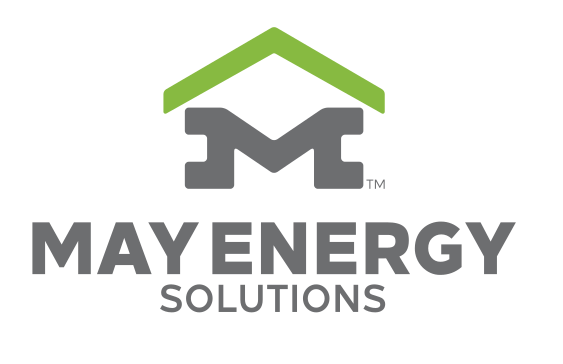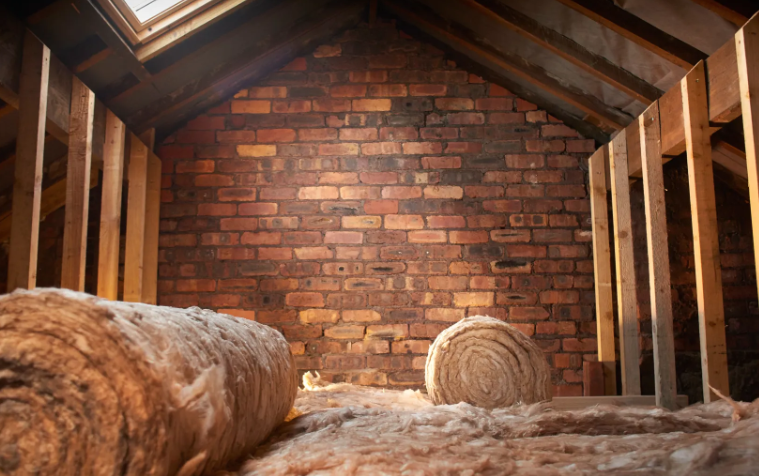We all want a comfortable home, which often means keeping the air conditioner running all day in the summer and the heater on during winter. But with high utility costs and skyrocketing electricity bills, it’s essential to find a way to save money. So, how do you keep your family comfortable year-round while also cutting down on energy use?
One of the most impactful solutions lies in proper insulation, which relies on the expertise of professional house insulation contractors. Insulation experts have the skills to assess your home and recommend insulation solutions that are tailored to its specific needs, helping to improve energy efficiency and lower bills. Want to know how? Here’s how hiring an insulation contractor can benefit your home in seven compelling ways. Read on!
1. Evaluating and Improving Existing Insulation
Contractors begin by assessing the current insulation levels in your home. They will examine areas like attics, walls, and crawl spaces to pinpoint where additional insulation is needed. After inspection, your insulation contractor will recommend appropriate upgrades. For instance, spray foam or cellulose can replace the damaged materials with additional insulation.
2. Air Sealing
This process involves sealing gaps and cracks around doors, windows, walls, and other entry points to reduce energy loss and lower heating and cooling costs. Proper air sealing can cut energy costs by 5-30% annually by keeping conditioned air inside while blocking drafts, making homes more comfortable year-round. House insulation contractors use specialized tools and techniques to conduct thorough home inspections, identifying areas where air leakage occurs. Once these vulnerabilities are detected, contractors apply appropriate sealing materials, such as caulk, weatherstripping, or spray foam, to ensure a tight seal.
3. Selecting the Right Insulation Material
Selecting the right insulation material for your home is crucial, and a contractor’s expertise is essential in assessing your specific needs. They will evaluate various factors, including your local climate, the design of your home, and any existing insulation issues, to guide you toward the best insulation option.
Here’s a quick overview of three popular insulation materials that a contractor might recommend based on these considerations:
- Cellulose: Made from recycled paper, cellulose insulation is eco-friendly and offers good fire resistance due to boric acid additives. It’s especially effective in colder climates due to a higher R-value.
- Fiberglass: As one of the most affordable options, fiberglass is versatile and works well in attics and walls. It’s non-combustible and resistant to moisture but may compress over time, which can reduce effectiveness. Fiberglass batts are lightweight and easy for DIY installation.
- Spray Foam: This high-R-value insulation expands on application, filling gaps for an airtight seal. Ideal for hard-to-reach areas, spray foam effectively prevents air leaks. It’s great for energy savings in both hot and cold climates.
4. Implementing Reflective Barriers
In warmer climates, insulation contractors may install reflective barriers to minimize heat gain. Reflective barriers, often referred to as radiant barriers, work by reflecting radiant heat—particularly from the sun—away from home, preventing it from entering attics and living spaces. These barriers are typically made from a thin layer of aluminum foil, which is highly effective at reflecting up to 97% of radiant heat, significantly lowering indoor temperatures without increasing air conditioning demands. These are especially effective in attics, where temperatures can rise significantly during hot weather. When installed along the underside of the roof decking, these barriers prevent radiant heat from being absorbed by other building materials.
5. Incorporating Ventilation Systems
Proper ventilation is essential for energy efficiency and maintaining healthy indoor air quality. Your contractor can identify an area to install advanced ventilation systems, such as heat recovery ventilators (HRVs) that recycle heat from outgoing air to warm incoming fresh air, thus minimizing energy loss. This approach reduces the need for additional heating and cooling.
6. Installing Smart Thermostats and Energy Monitoring Systems
House insulation contractors can also recommend and help integrate smart thermostats and energy monitoring systems to complement insulation improvements. These devices allow homeowners to track and optimize their energy usage, adjusting heating and cooling based on occupancy patterns, weather conditions, and real-time energy data. Smart thermostats alone can reduce energy costs by about 10-15% annually by enabling more efficient heating and cooling schedules, especially when paired with optimized insulation and air-sealed spaces.
7. Conducting Regular Energy Audits
Insulation contractors perform regular energy audits to monitor your home’s energy efficiency over time. These audits involve comprehensive assessments that identify areas where energy loss may occur and evaluate the effectiveness of existing insulation and air sealing. By pinpointing new issues or areas for improvement, contractors can recommend timely upgrades or maintenance strategies to keep your home energy-efficient year-round.
To wrap Up:
Now that you know the key to reducing your energy bills, it all starts with finding a professional house insulation contractor. May Energy Solutions is your one-stop destination when it comes to insulating your house. We begin with a comprehensive home energy evaluation, assessing your home’s unique needs and identifying opportunities for increased efficiency through insulation, air sealing, and ventilation solutions. Our team is dedicated to helping you save on energy costs while enhancing year-round comfort. Let us help you take control of your energy use—reach out to May Energy Solutions today and see how we can make a difference in your home.

